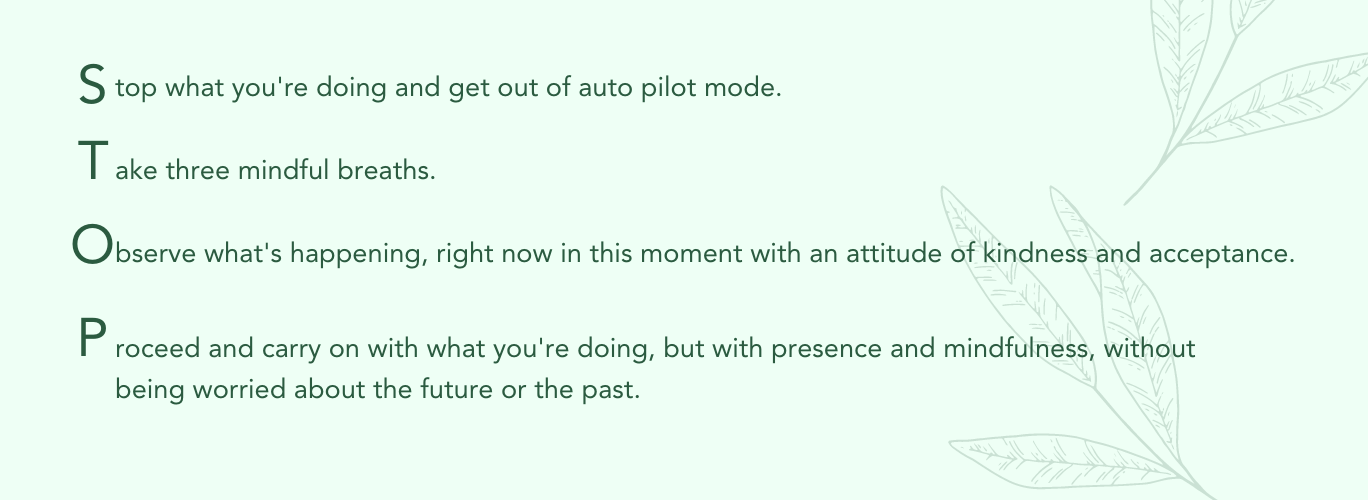
Have you ever lost your temper with your child and regretted your actions? Or maybe you set a limit, and grew frustrated when your child challenged you? Many parents judge themselves in difficult situations, and might think: “I should be able to handle things better. What’s wrong with me?“
We have assumptions and expectations of how we should parent, how we should feel, and how our children should respond or behave.
We may also get stuck in comparisons, and often think: “Other parents would be able to manage this a lot better."
Caregiving is demanding. Remember: no one judges us as harshly as we judge ourselves!
Our mind is a judging and evaluating machine
Our brain automatically evaluates our experiences. It’s our nature to make judgments and generalizations about everything in life. We are good at labelling experiences on opposite poles – classifying them as either good or bad, right or wrong, pleasant or unpleasant, and so on. This happens quickly and often without our awareness.
We need these evaluations for day-to-day decisions. However, self-judgement can undermine our confidence as parents, especially during difficult moments.
Less reactivity, less shame
Blame or judgement often makes a stressful situation worse. We can use the metaphor of pouring salt on a wound to better understand this: we feel the initial pain of the wound, plus the additional sting of the salt.
After getting upset with your child, you might think “I’m a bad parent for getting annoyed and yelling.” This judgement will likely make you feel worse: not only do you regret your reaction with your child, you have also decided that you are a bad parent.
Parenting is hard enough without judging ourselves for every action, reaction or emotion that does not meet our expectation. Shame is not the answer.
Judging ourselves can also model or suggest that it’s not okay for our child to make mistakes.
A more mindful approach
Does a non-judgmental attitude mean not caring that you just yelled at your child? Not at all. With non-judgmental awareness, we acknowledge that we care deeply. We can try our best to meet each moment with kindness and love - even when we mess up. This creates the opportunity for us to approach parenting with openness, kindness and compassion.
After a difficult moment, a more mindful response might be to say to ourselves, “We’ve had a busy morning. My child needs a break and so do I.” Or, “I’m sorry I yelled at my child. This does not mean I’m a bad parent”. This approach eases distress and prepares us to act skillfully moving forward.
With mindfulness, we’re not trying to stop our judgments. We become aware of them with a more neutral and objective perspective. When we notice that we are judging ourselves, our child or our experience, we can choose to notice our thoughts as “just thoughts.” We do not need to pursue these thoughts further, getting lost in the “rabbit hole” of thinking.
This can feel counterintuitive and takes practice; being with our experience as it is. In other words, we do not add salt to the wound!
Consider these phrases and meditations
There are many ways to grow appreciation and awareness in uour parenting...
1. Say silently to yourself a phrase like:
I am open, kind and forgiving of my child,
I am open, kind and forgiving of myself and my parenting,
I am human!
2. Breathe with the STOP meditation:
In the next stressful moment you face, turn inward with mindful awareness. Instead of reacting automatically, as we tend to do, take a deep breath. Notice what happens in your body and allow yourself to feel it. When we focus on our breath, we can slow down our reactions. This allows us to gain perspective and see more clearly what we and our child need in that moment.





